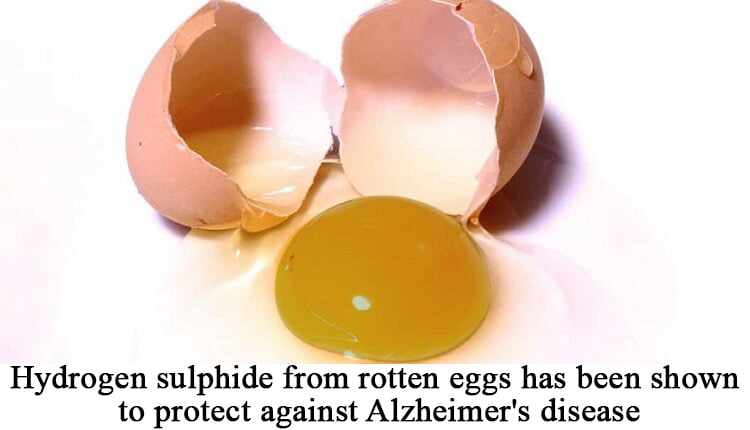DUBLIN: New research shows that rotten egg gas can prevent the development of Alzheimer’s disease. The time is coming when the popularity of hydrogen sulphide, considered to be poisonous, destructive and foul-smelling, is spreading across the country!
In experiments with mice, researchers found that the foul-smelling gas could help protect aging brain cells against Alzheimer’s disease. The discovery of these biochemical reactions is thought to lead to the development of new drugs to combat neurodegenerative disease. The discovery was made by scientists at the University of Exeter and Johns Hopkins University in the US.
Previous studies have shown that the sulphhydration levels in the brain decreases with age. It is more common in Alzheimer’s patients.
“The compound used in this study does just that and shows by correcting brain levels of hydrogen sulphide, we could reverse some aspects of Alzheimer’s disease,” said Professor Matt Whiteman, from the University of Exeter. The results show that some of the behaviours of people with Alzheimer’s may be reversed.
Researchers have found that in the absence of hydrogen sulphide, brain enzymes interact with the protein called tau, which destroys nerve cells.
“The human body naturally creates small amounts of hydrogen sulphide to help regulate functions across the body from cell metabolism to dilating blood vessels,” said Professor Solomon Snyder of Johns Hopkins University.


Comments are closed.